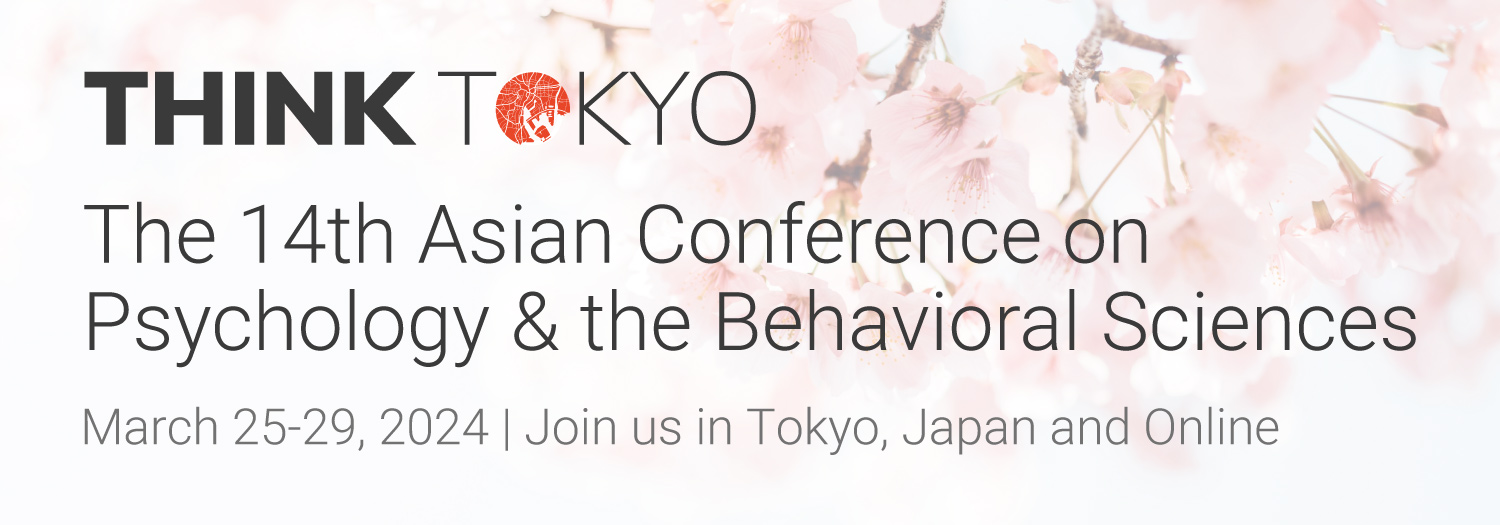Exploring the Impact of the COVID-19 Pandemic on Preschool-Aged Children: An Analysis of Home Routines, Learning Activities and Socio-Demographic (79089)
Session Chair: Yajuan Xiang
Friday, 29 March 2024 10:15
Session: Session 1
Room: Room A (Live Stream)
Presentation Type: Live-Stream Presentation
Existing literature overwhelmingly suggests adverse effects of the COVID-19 pandemic on children’s daily routines and learning experiences at home. The closure of preschools, prolonged home confinement, and limited access to early intervention, prompted parents to engage in extended array of activities to support their children’s growth and development. While past studies have noted potential variabilities in these activities based on sociodemographic characteristics among school-aged children, such distinctions remain unclear in families with children aged 3-5. This preschool age represents a critical development period for subsequent and optimal academic and socioemotional growth. To address this gap, the current study surveyed 3,867 parents of preschool-aged children in Northern California to examine the types and frequency of home activities across different socio-demographic backgrounds (i.e. educational attainment, income, gender and ethnicity). Specifically, we examined parents’ involvement in both routine caregiving tasks and educational activities. Following the initial analysis, it was observed that female caregivers assumed greater responsibilities in both categories of activities compared to their male counterparts. This trend is particularly notable within Latinx households with lower income. With the rise in family income, male caregivers progressively assume more responsibilities in both childcare and learning. Moreover, parents with higher educational attainment reported engaging in a broader range of home learning activities with increased frequency and extended duration in comparison to their counterparts without college degrees. Overall, this study offers valuable insights on how the pre-existing inequities and disparities in home experience of young children among different demographic factors were exacerbated during the COVID-19 pandemic.
Authors:
Yajuan Xiang, Sonoma State University, United States
Ayumi Nagase, Sonoma State University, United States
About the Presenter(s)
Dr. Nagase is an associate professor at Sonoma State University. Her research interests include parenting, family-school-community collaboration, sociocultural factors that affect parenting and child development and educational research.
Dr. Xiang is an Associate Professor in the Department of Early Childhood Studies at Sonoma State University. Her interests involves parenting and evidence-based methods that promote early language and literacy learning
See this presentation on the full schedule – Friday Schedule





Comments
Powered by WP LinkPress